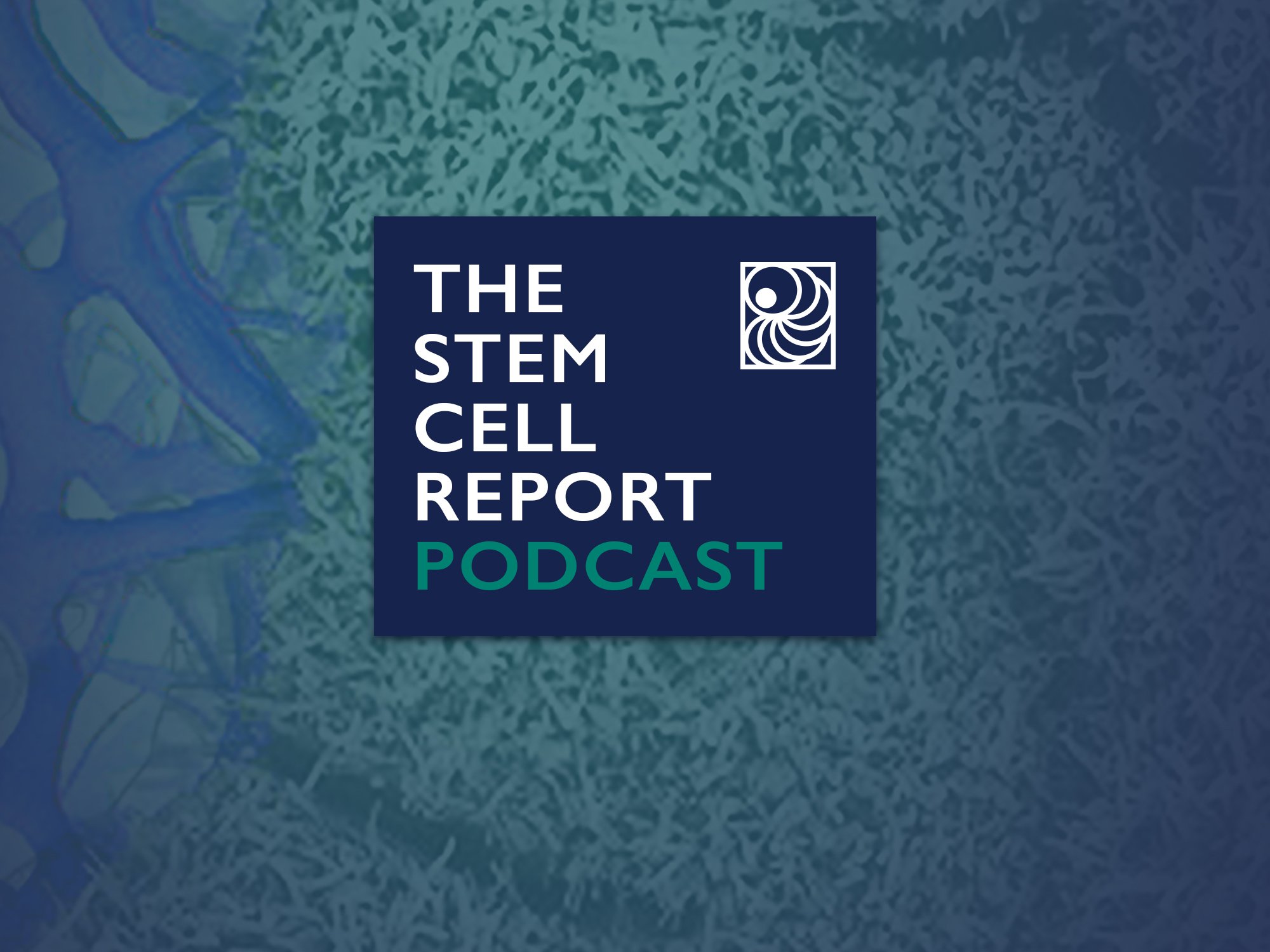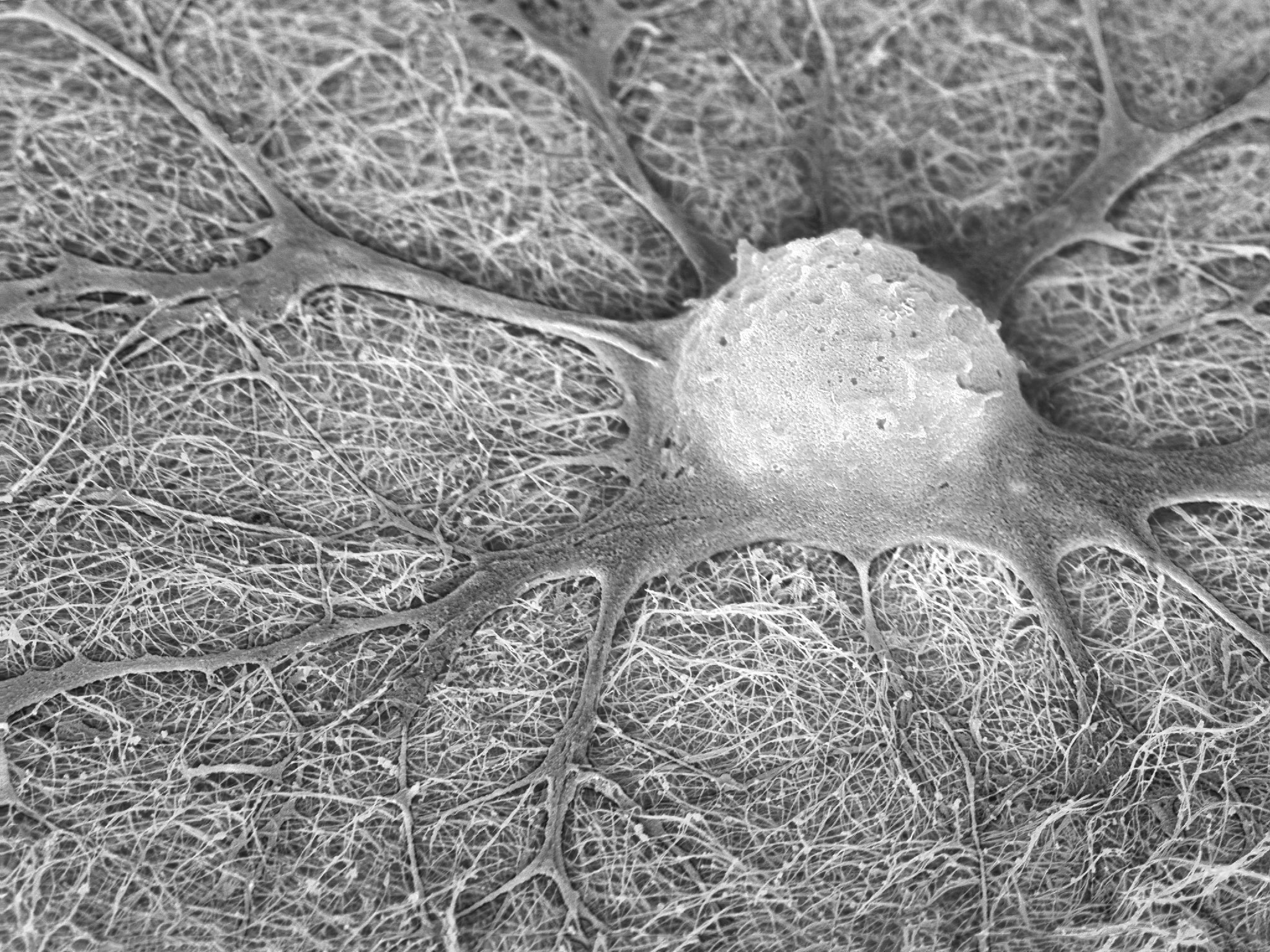ISSCR News

New Podcast Episode. Don’t Dull the SPARCL: The Lung Microvasculature and its Role in Development
The mature lung in both humans and mice is highly vascularized, with approximately 30% of all cells being endothelial cells (ECs). The blood vessels have a physiological role in gas exchange within the tissue, but the vascular cells have additional role(s) beyond supplying oxygen and nutrients to the tissue. For example, the adult lung endothelium responds to injury by activating pathways for alveolar re epithelialization and during embryonic development, disrupting vascularization ex vivo affects the stereotypical pattern of airway branching, consistent with a perfusion-independent crosstalk between the endothelium and epithelium. Today’s guests explore the molecular contribution of ECs and pericytes to the differentiation of distal airway progenitor cells into mature alveolar epithelial cells and will discuss the broader role of the vascular system in the maturation and regeneration or the lung.

ISSCR Guidelines Update Now Available in Chinese
The ISSCR is pleased to announce the availability of the Chinese language version of the ISSCR 2021 Guidelines for Stem Cell Research and Clinical Translation.

New Podcast Episode. A Look Into the Future of Stem Cell Reports: A Conversation with Janet Rossant
In this special edition of the podcast, we will talk with the new Editor-in-Chief Janet Rossant and hear about her vision for the journal, its promising future, and what she sees as some of the exciting prospects over the horizon for stem cell research. We will also talk with Yvonne Fisher, the journal’s Managing Editor, and Jack Mosher of the ISSCR, about the evolution of the journal and its role in the Society.

New Podcast Episode. SeqVerify: A New Easily Accessible Tool for Comprehensive Cell Line Quality Assessment
During the last decade, advances in genome editing and pluripotent stem cell (PSC) culture have let researchers generate edited PSC lines to study a wide variety of biological questions. However, abnormalities in cell lines such as aneuploidy, mutations, on-target and off-target editing errors, and microbial contamination can arise during PSC culture or due to undesired editing outcomes. To ensure valid experimental results and the safety of PSC-derived therapeutics, it is important to detect these abnormalities and choose PSC lines without them. Existing quality control methods typically focus on detecting one type of abnormality. Whole genome sequencing is an all-in-one detection method for any abnormality involving changes to DNA sequences but until now it has required considerable computational expertise. Today’s guests will discuss a new computational tool, SeqVerify, that analyzes short-read WGS data for quality control of wild-type or edited PSCs. The platform provides an end-to-end analysis framework that can be a valuable quality control method for researchers working with PSCs, and more broadly, for cell line quality control in general.

New Podcast Episode. Guidelines for Managing and Using the Digital Phenotypes of Pluripotent Stem Cell Lines
The ability of human pluripotent and somatic stem cells to differentiate into multiple cell types of the human body makes them uniquely useful to model human development and disease. As a result, these cells are shared, edited, and differentiated by laboratories across the world for basic research, clinical translation, and commercial applications. Large and genotypically diverse collections of pluripotent stem cells are being generated to support large cohort-scale research into conditions such as Parkinson’s disease and amyotrophic lateral sclerosis, among many others. However, information about these cells, their derivatives, and the resulting data can be difficult to track due to a myriad of factors including poor naming practices, siloed datasets, and incomplete information on experimental practices in the published literature. As a result, the ability to maximize the utility of these cells and data from them is limited, and the rigor and reproducibility of the research and its application may be seriously compromised. Our guests today, who were part of the ISSCR Task Force that developed the Standards for the Use of Human Stem Cells in Research, will discuss in detail a framework to manage these issues using stem cell registries.

Receive ISSCR Press Releases
Sign up be a part of ISSCR’s media list. Media Contact: Kym Kilbourne, Director of Media and Strategic Communications
Subscribe to ISSCR News.
Each month, ISSCR delivers scientific, policy, and community to your inbox .
